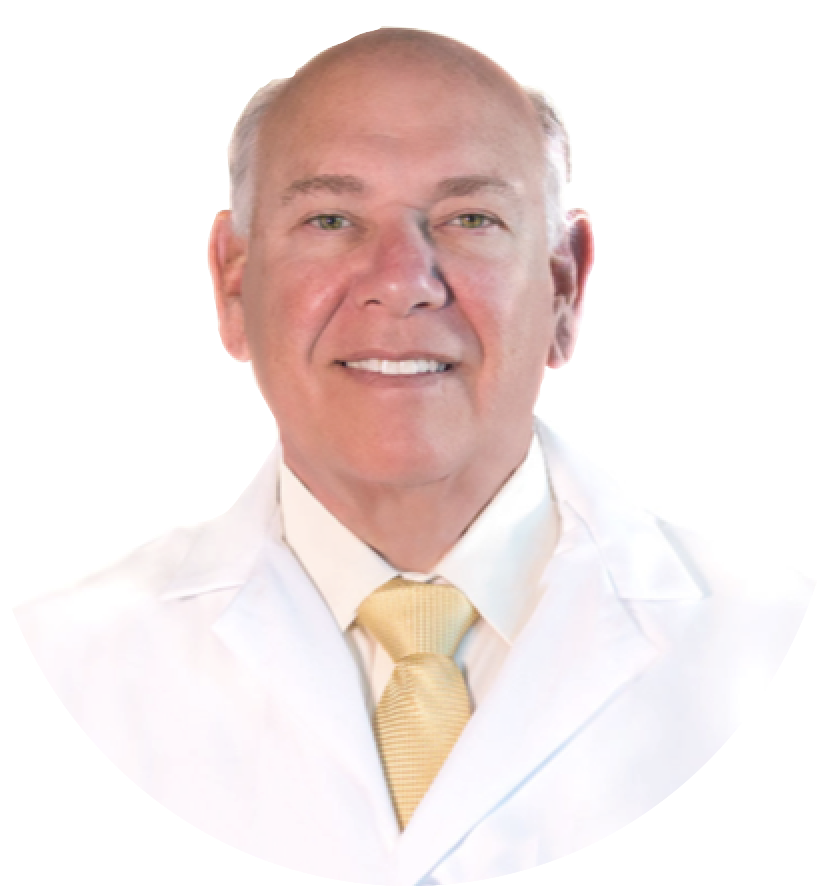As chiropractors we are all very aware of the essential role nutrition plays in optimizing the functioning of the nervous system and spinal nerves. That is why I became a board-certified chiropractic nutritionist and why I am constantly researching the scientific literature for advances in nutritional science that we can use to improve patient care and clinical outcomes in our profession.
I’d like to share with you what I have recently discovered. Over the past ten years the use of benfotiamine, a highly bioactive fat-soluble form of vitamin B1, has grown dramatically. Thousands of clinicians now commonly dispense it in their offices to improve nerve function in their patients suffering from numbness, tingling, burning and other symptoms of nerve dysfunction. I use it frequently and with considerable success on patients with compromised nerve function due to compression of the spinal nerves and other nerve problems.
Benfotiamine works by elevating vitamin B1 levels. Vitamin B1 is essential in the generation of cellular energy within all nerve cells. Vitamin B1 deficiency is believed to be an important and often overlooked factor in the peripheral and central nerve dysfunction commonly experienced by diabetics, the elderly, people with a history of excessive alcohol use and other groups. Patients with vitamin B1 deficiency exhibit many symptoms including burning, tingling, pain and numbness in the feet and legs. They also commonly experience cognitive decline, nerve inflammation and fatigue. Weight loss due to loss of appetite in the elderly may be associated with vitamin B1 deficiency as well. I have found that vitamin B1 deficiency increases the severity of the symptoms associated with spinal nerve compression.
Diabetics are known to commonly be vitamin B1 deficient. Research has shown that diabetics have 75% lower plasma vitamin B1 levels than nondiabetics. This likely contributes to the peripheral nerve problems and cognitive problems commonly associated with diabetes. People with a history of excessive alcohol usage are commonly vitamin B1 deficient as well. They also often experience cognitive decline and peripheral nerve dysfunction. Other groups at increased risk of vitamin B1 deficiency include the elderly, people on water pills, and the obese–both before and after bariatric surgery.
I can tell you from personal experience that since I have incorporated benfotiamine into my practice I have had significantly improved outcomes. Most patients experience some level of improvement in their symptoms within 30 days.
Because of my success with benfotiamine, I recently became a scientific advisor to Realm Labs, the company that introduced benfotiamine to the US medical community over a decade ago. They are the experts in field and their NeuRemedy® line of benfotiamine products are successfully dispensed by thousands of physicians. With my help, they have developed a marketing program specifically designed for chiropractors. Preferred chiropractor discount pricing is now available on your initial order. If you are interested in incorporating NeuRemedy into your practice please call or email me so that I can discuss in greater depth the benefits of incorporating this important breakthrough nutrient into your practice.
Successful Chiropractic Management Of Nerve Dysfunction

Dr. Howard Benedikt
Doctor of Chiropractic, DCBCN Scientific Advisor to Realm Labs

Written in conjunction with
Dr. Richard H Mann, DABPS, ret
Doctor of Podiatric Medicine, DABPS, ret Specializing in Treatment of Nerve Diseases of the Feet & Legs Chief Scientific Officer at Realm Labs
This Clinical Update is brought to you by Realm Labs, makers of the NeuRemedy® line of benfotiamine nutritional products, the most trusted name in benfotiamine nutritional supplementation of nerve dysfunction in the feet and legs.*
If you would like to speak with Dr. Benedikt or Dr. Mann about how to improve your treatment outcomes please call 866-634-2745 or email realmlabs123@gmail.com.
For more information on NeuRemedy go to www.NeuRemedy.com